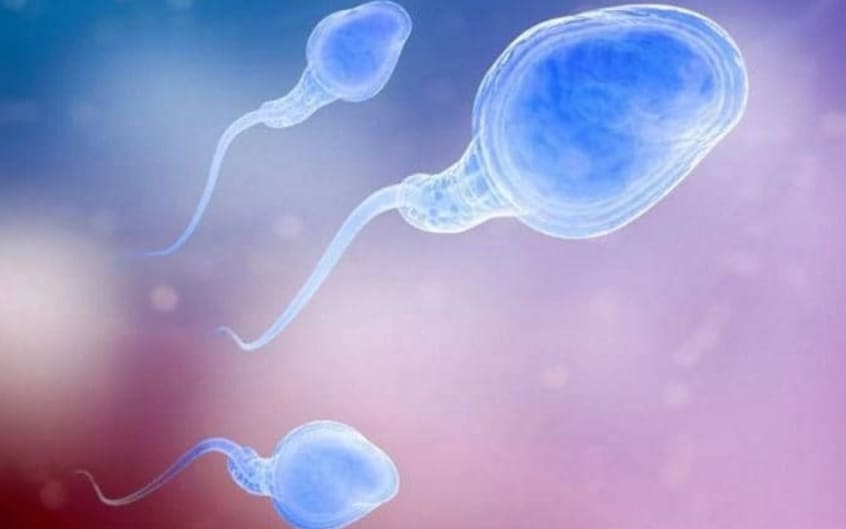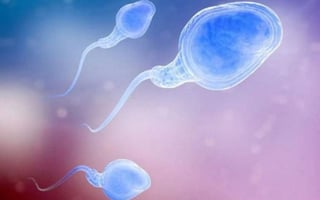
 A low sperm count is a common cause of male infertility. If a man ejaculates even the tiniest number of sperm, we can help the couple achieve pregnancy with in vitro fertilization and intracytoplasmic sperm injection (ICSI). But, what if there is no sperm in the ejaculate (azoospermia)?
A low sperm count is a common cause of male infertility. If a man ejaculates even the tiniest number of sperm, we can help the couple achieve pregnancy with in vitro fertilization and intracytoplasmic sperm injection (ICSI). But, what if there is no sperm in the ejaculate (azoospermia)?
There are two types of azoospermia . The first is obstructive azoospermia; where there is an obstruction in the reproductive tract. Obstructive azoopermia can be due to a vasectomy or a condition where the tube from the testes to the urethra (vas deferens) is absent (congenital absence of vas deferens). Congenital absence of vas deferens can be associated with cystic fibrosis.
The second type is non-obstructive azoospermia. This is a condition where sperm is produced in the testis but is not released into the ejaculate. In both these conditions, sperm can still be obtained surgically from the testes. The sperm obtained is usually immature and will fertilize an egg only with ICSI.
The main methods of surgical sperm retrieval available include:
Which method is used depends on the nature of the problem in the male partner, which needs to be explored carefully first by an urologist specializing in male reproduction. Men who have previously had vasectomies may also use surgical sperm retrieval to obtain sperm if they do not wish to, or can not, undergo a vasectomy reversal.
When the release of sperm is prevented by a blockage in the vas deferens, or by a vasectomy, several techniques can be used to retrieve the large numbers of sperm that remain inside the testes. All surgical procedures are done under IV sedation, so no discomfort is felt during the procedure.
Men who have no sperm in their semen, despite having clear tubes in their testicles, usually have a problem with the process of sperm production. It is unlikely that sperm are present in large numbers, so the surgical sperm retrieval techniques required are more invasive.
TESE: testicular sperm extraction. This involves opening up the scrotum and taking a large volume of testicular tissue, perhaps from several regions of the testicle. Sperm are then retrieved using a microscope to identify individual sperm.
It is more common in men with no obstruction to not obtain sufficient sperm/quality sperm for use in an IVF cycle, however, as the techniques have developed, many men who would otherwise not have been able to father a biological child have been able to use their own sperm to conceive.
In these cases, we recommend having donor sperm for back up that can be used as a last resort.
Please make a consultation appointment with our urologist or one of our reproductive endocrinologists if you would like to discuss any of these surgical sperm retrieval options.
To see a fertility specialist who is a board-certified physician with excellent success rates, make an appointment at one of InVia’s four Chicago area fertility clinics.
Infertility treatment IVF Male factor InVia Fertility Specialists

Patty has worked for InVia fertility Specialists since its inception in 2002. She has 16 years experience in her field. She has an Associate's Degree in Nursing. She is our phlebotomist at our Hoffman Estates office. She also is our surgical coordiator
Subscribe to our weekly blog digest

Entire Website © 2003 - 2020
Karande and Associates d/b/a InVia
Fertility Specialists

Comments